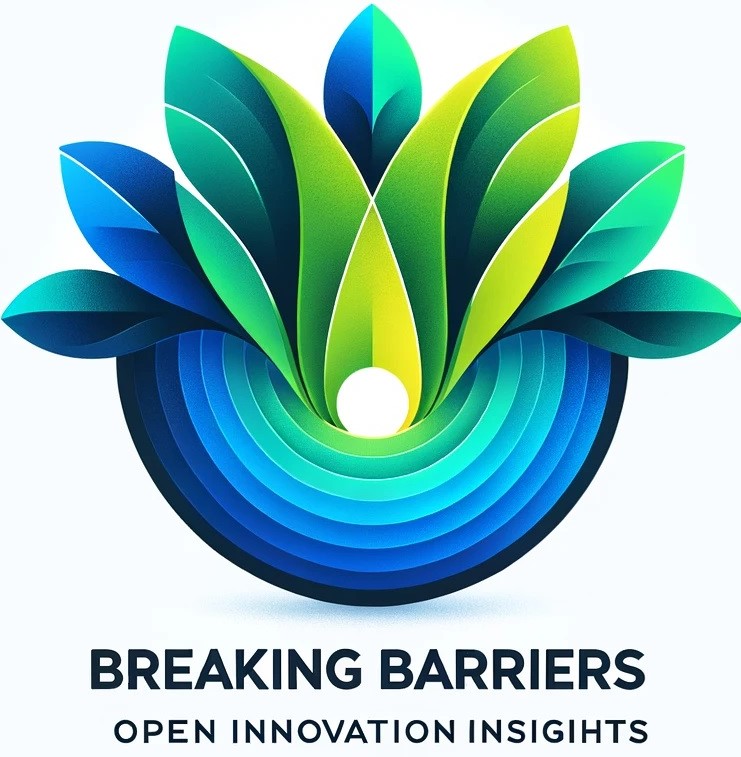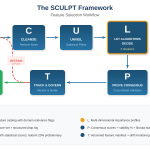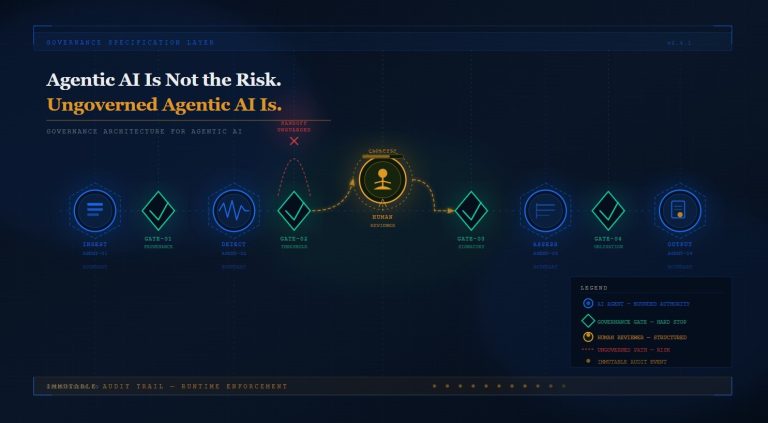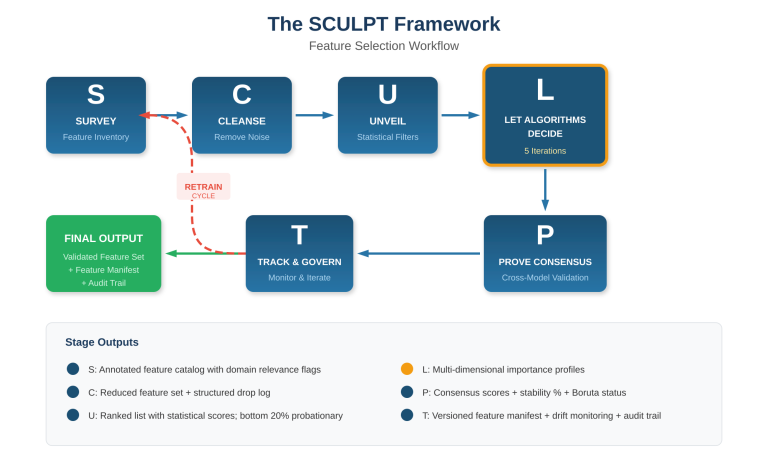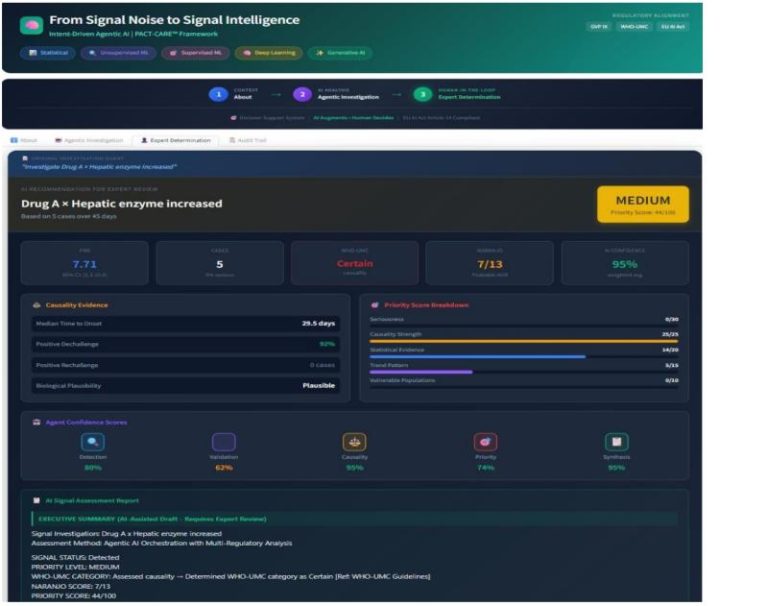
Being a proponent of innovation and having acquired experience by working in business functions ranging from Business Operations, R&D, HR, Finance, Legal, Compliance, Manufacturing, Product Management & Launches, and practically every function in Pharma. Across all functions, Process mining methodology, when implemented correctly, could lead to innovations that organizations strive for, but struggle to achieve it with a contextual and tangible relevance. Process Mining is a novel approach that leverages data and algorithms to analyze business processes. Within the context of a targeted business process, it could also become the glue for streamlining operations and enhancing data governance, enriching data catalogs, clarifying data lineage, facilitating data profiling, innovating data products, and powering AI solutions. This article highlights how process mining could serve as a critical value-enabling tool across various domains, for example —Research & Development (R&D), Chemistry, Manufacturing, and Controls (CMC), Customer Invoice to Cash, Pharma Supply Chain, Pharma Manufacturing—ultimately contributing to the reduction of healthcare costs and the cost of drugs/treatment for patients.
Customer Invoice to Cash: Streamlining Financial Operations and Cashflow
This was the first process we targeted through process mining as a proof of concept, and the results were beyond expectations. Quick revelations led to the root cause of receivables’ delays, thereby improving cash flow—a crucial factor for any business, particularly in the high-stakes pharmaceutical industry. For instance, process mining revealed that certain invoices are delayed because of specific data errors and country-specific situations. This allowed the correction of these issues and proactively sped up receiving processing.
R&D: Accelerating Drug Development
In pharmaceutical R&D, process mining can significantly reduce the time needed to market new drugs. By analyzing vast datasets from past research, process mining could help identify the most efficient pathways for drug development, enabling researchers to avoid common pitfalls. For example, a pharmaceutical company might use process mining to understand which experimental protocols typically lead to successful outcomes, thus optimizing the allocation of resources and potentially shaving years off the development cycle for new treatments.
CMC: Ensuring Compliance and Efficiency
Process mining offers a dual advantage within Chemistry, Manufacturing, and Controls (CMC). Firstly, it can uncover inefficiencies and bottlenecks in manufacturing, suggesting improvements leading to higher yield and lower costs. Secondly, mapping out every manufacturing and quality control process step ensures compliance with stringent regulatory requirements. An example here would be using process mining to track the lineage of every ingredient used in a drug, ensuring that any potential contamination can be quickly traced to its source, thus safeguarding patient safety and complying with regulatory standards.
Pharma Supply Chain: Enhancing Transparency and Efficiency
In the pharmaceutical supply chain, process mining provides visibility and control by mapping the journey of drugs from production to delivery. This visibility can lead to optimized inventory levels, reduced waste, and improved delivery times. For example, a process mining analysis might show that specific routes or carriers consistently result in delays or temperature control failures, enabling the company to make data-driven decisions to mitigate these risks.
Pharma Manufacturing: Boosting Productivity and Compliance
Process mining in Pharma Manufacturing can identify process variations that affect product quality, predict maintenance needs to prevent downtime and ensure that all regulatory compliance requirements are met efficiently. For instance, by analyzing the manufacturing process data, a company could find specific machines prone to breakdowns that cause significant delays and batch quality issues, leading to targeted maintenance that prevents future disruptions.
Bottomline Impact on Healthcare Costs and Patient Treatment Costs
Process mining reduces overall healthcare costs by enhancing efficiency, compliance, and innovation across these domains. More efficient R&D processes bring new treatments to market faster and at lower cost. Streamlined manufacturing and supply chains reduce waste and improve medication availability. Optimized financial operations improve healthcare providers’ financial health, allowing them to invest more in patient care.
Moreover, increased efficiency and reduced waste translate directly into lower drug and treatment costs. When pharmaceutical companies can bring medicines to market more quickly and cheaply and deliver them more efficiently to patients, the savings can be passed on to healthcare providers and, ultimately, patients.
Process mining is not just a tool for improving individual business processes; it’s a comprehensive solution that can drive systemic improvements across the pharmaceutical industry, leading to better patient outcomes and lower healthcare costs.
My follow-up article will highlight how targeting core business processes is the best place for innovations in any corporate setting and dynamics, including novel data products.
